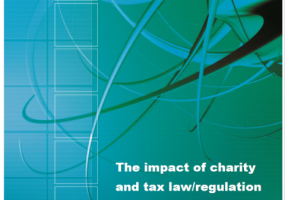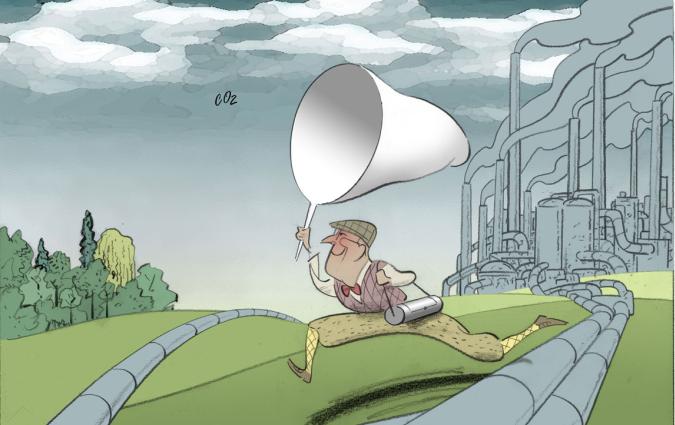Journalists’ Perceptions of the Future of Journalistic Work

DOI: 10.60625/risj-ga21-0833
Journalists believe journalism will be a harder job with less institutional support in the future, according to a survey conducted by the Reuters Institute and the Society of Professional Journalists.
The research found journalists are concerned they will have to work harder, engage in personal branding and entrepreneurship, and cannot count on stable employment, full-time jobs, or indeed life-long journalistic careers. Nevertheless, they do not fundamentally believe journalism will be less satisfying or less independent and generally see journalism as a relatively stable collection of fundamental practices and techniques that is not dependent on medium or existentially threatened.
Members of Society of Professional Journalists were asked to complete the survey and other journalists in North America and Europe were sought via journalists’ sites and social media. The survey taken between October and December 2014, generating 509 total responses. Because of the selection method, the results should be primarily viewed as indicative of how journalists generally perceive the future of work in their profession. Respondents were asked 20 questions about their perceptions of journalistic work, labour, and professional identity using a 5-point scale from strongly disagree to strongly agree. The respondents were 53.2% female and 46.8% male and had an average (mean) of 18.5 years of journalism work experience.
The survey is part of the Reuters Institute’s Future of Journalistic Work Project that is exploring how changes in the business of journalism and journalism practice are affecting journalistic work and employment.
Published by the Reuters Institute for the Study of Journalism.

This report can be reproduced under the Creative Commons licence CC BY. For more information please go to this link.




